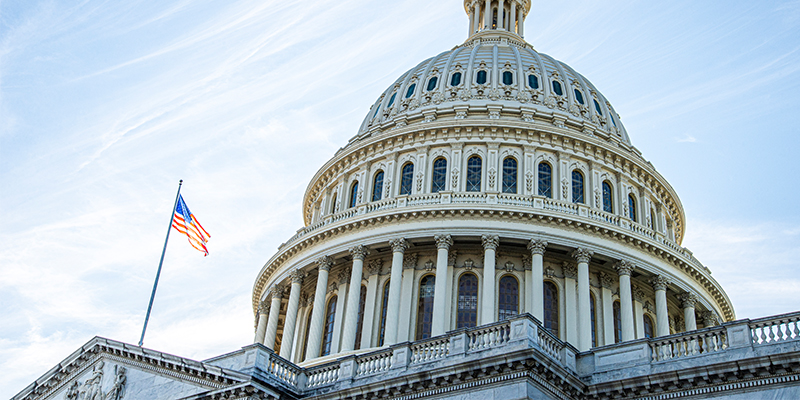Growth in the life sciences sector has driven demand in recent years for both commercial real estate space and labor to accommodate this specialized sector. A new study by commercial real estate platform CommercialCafe set out to identify the best metros for life science companies in 2022 and assessed more than 40 metropolitan statistical areas (MSAs) in terms of regional talent pool and workforce; accessibility of local office markets; the degree of availability of existing dedicated property; as well as the state of the local pipeline aiming to expand local life sciences capacity.
Boston took the number one spot on the list, with San Francisco in second place, then San Diego third, New York fourth, and Washington, D.C., rounding out the top five.
A longtime “flagship market” for life sciences, the Boston metropolitan area remains a leader in the sector. The MSA stood out for several key indices scored in the ranking: Boston boasts the largest labor pool among the metros analyzed, as well as the largest life sciences real estate market — nearly 25 million square feet of existing dedicated property, of which just under 14 million square feet was LEED-certified space. What’s more, with an additional 23.8 million square feet of new life sciences developments in the pipeline — under construction, as well as in the planned and prospective stages — Boston seems firmly placed at number one for the foreseeable future.
Meanwhile, San Francisco ranked second-best U.S. metro for life sciences companies and scored particularly well for prospective workforce potential. The Bay Area is home to the largest life science talent pool, as roughly 944,000 residents aged 25 or older hold at least a bachelor’s degree in science and engineering and/or engineering-related fields. The existing life science labor pool across the San Francisco metropolitan area is also among the region’s strongest suits, as it is the third largest among the metros surveyed for the report. In terms of real estate readiness, San Francisco boasts the second-largest life sciences real estate market (nearly 14 million square feet of dedicated space), as well as the second-largest pipeline — developers here had 11 million square feet of new life sciences office projects in the works as of May 2022.
San Diego came in third and stood out among the most sizeable life science real estate markets. Specifically, life science space here totals in excess of 12 million square feet and accounts for 11% of the local office market, which represents the largest dedicated market share among the metros included in the CommercialCafe report.
The vast New York metropolitan area took fourth place in the ranking and shines in terms of talent. The New York metro area earned the top score for educational attainment in life sciences. Nearly 2.5 million residents hold at least a bachelor’s degree in science and engineering and/or engineering-related fields, which makes the region home to the largest such cohort among the metros analyzed. Moreover, the report also notes that academic institutions in the New York metro area yield more life sciences graduates than any other leading metro — nearly 2,700 graduates each year.
Wrapping up the top five is Washington, D.C., which earned its best scores for life sciences educational attainment and a sizeable life sciences property pipeline. The 1.1 million residents holding at least a bachelor’s degree in science and engineering and/or engineering-related fields earned D.C. the third-best score for educational attainment, behind New York and Los Angeles. And, while the life sciences real estate market there totals roughly 4 million square feet and accounts for just 1% of the market, projects currently in development point to significant growth potential for capacity in the region; the nearly 8 million square feet under construction there, as well as in the planning and prospective stages, represented the third-largest projected market expansion among the metros included in the ranking. The study also highlights that life sciences growth is pushing past the typical coastal markets: Chicago ranked sixth, Houston and the Dallas-Fort Worth metropolitan areas both earned spots among the top 20 markets scored by CommercialCafe — the two Texas entries ranked 10th and 16th, respectively — and Detroit’s sustained efforts to reposition itself as a hub for innovation have placed the city among the most notable emerging clusters for life science.
Visit the CommercialCafe blog for the full ranking of top 20 U.S. metros for life sciences in 2022, as well as details on the analysis methodology.














